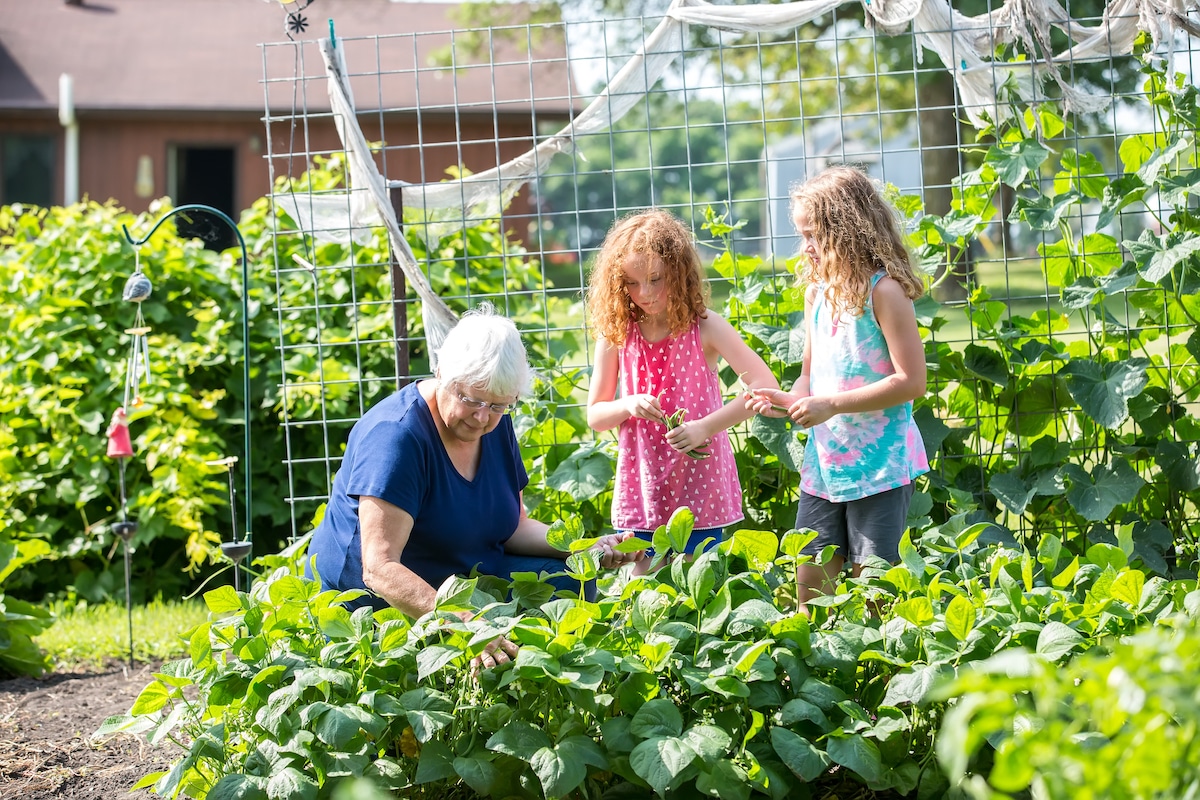

A new study from Boston University School of Public Health has found a link between living with exposure to more green space and an improvement in cognitive function. The research suggests that living near greenery could especially boost cognitive function for middle-age women, ultimately reducing rates of depression and possibly dementia.
The paper, published in JAMA Network Open, studied 13,594 women with an average age around 61. The researchers used Normalized Difference Vegetation Index (NDVI) to estimate residential green spaces as well as a self-administered Cogstate Brief Battery to measure the women’s psychomotor speed, attention, learning, and working memory. They also reviewed potential mediators, such as physical activity, air pollution, and depression.
“Some of the primary ways that nature may improve health is by helping people recover from psychological stress and by encouraging people to be outside socializing with friends, both of which boost mental health,” said Dr. Marcia Pescador Jimenez, lead author of the study and assistant professor of epidemiology at Boston University School of Public Health. “This study is among the few to provide evidence that greenspace may benefit cognitive function in older ages. Our findings suggest that greenspace should be investigated as a potential population-level approach to improve cognitive function.”
They ultimately found a link between higher exposure to green spaces and improved psychomotor speed and attention, although learning and memory were not impacted.
Cognitive function during the middle stages of life can help predict whether a person may develop dementia later in life, and depression is a risk factor for dementia. Having access to more green spaces around one’s home and neighborhood could help minimize risks of depression and dementia by improving overall cognitive function, according to the study.
“We theorize that depression might be an important mechanism through which green space may slow down cognitive decline, particularly among women, but our research is ongoing to better understand these mechanisms,” Jimenez explained. “Based on these results, clinicians and public health authorities should consider green space exposure as a potential factor to reduce depression, and thus, boost cognition. Policymakers and urban planners should focus on adding more green space in everyday life to improve cognitive function.”
The NDVI used to estimate green spaces via satellite-based imagery was not able to differentiate between types of vegetation, so Jimenez plans to research how various types of plant life, like trees versus grass, impact health. The researchers also want to see their study replicated for more diverse populations and over longer periods of time.
“The distribution of green spaces in cities is not uniform,” Jimenez said. “Increasing everyday access to vegetation across vulnerable groups in urban cities is a crucial next step to achieve health equity.”

 233k
233k  41k
41k  Subscribe
Subscribe 